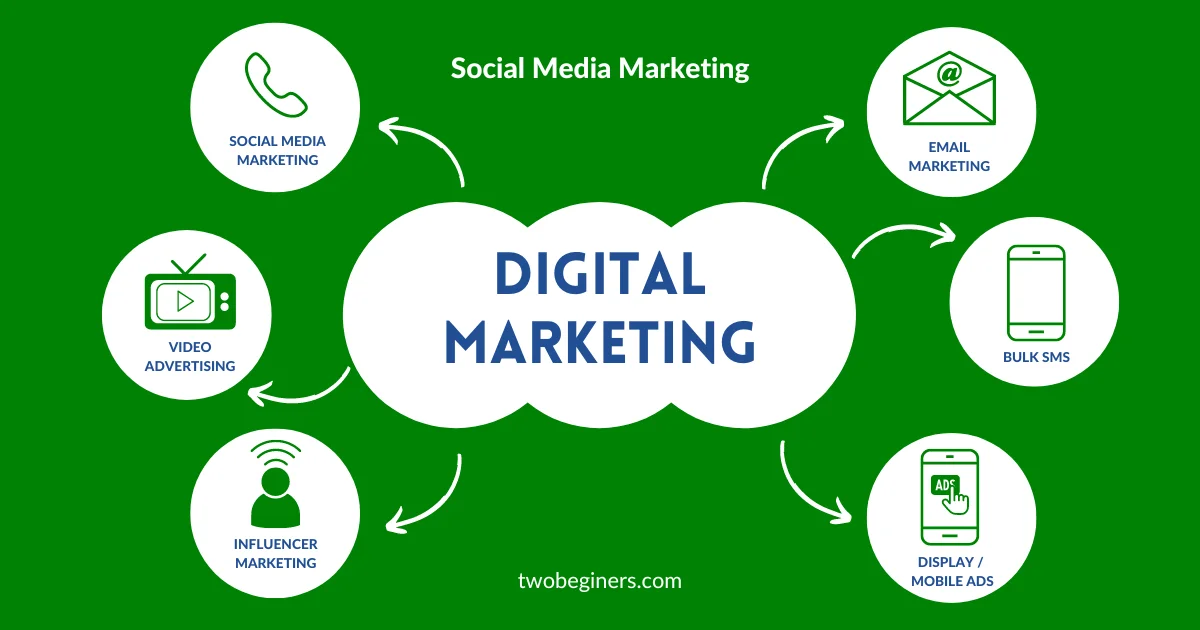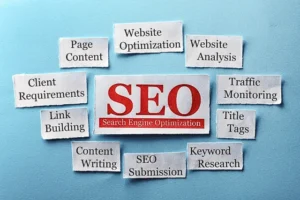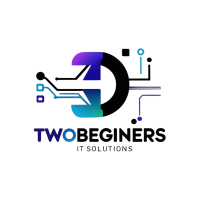What is Digital Marketing?
Digital marketing refers to the use of digital channels and technologies to promote and advertise products, services, or brands to consumers. Unlike traditional marketing, which relies on print ads, TV commercials, and other offline methods, digital marketing leverages the internet and electronic devices to reach and engage with target audiences.
Key Components of Digital Marketing
- Search Engine Optimization (SEO): SEO involves optimizing a website or online content to improve its visibility in search engine results pages (SERPs). The goal is to attract organic (non-paid) traffic by enhancing the site’s relevance and authority for specific keywords.
- Content Marketing: Content marketing focuses on creating and distributing valuable, relevant, and consistent content to attract and retain a clearly defined audience. This can include blog posts, videos, infographics, and more, aimed at building trust and driving customer engagement.
- Social Media Marketing: This strategy involves using social media platforms (like Facebook, Instagram, Twitter, and LinkedIn) to connect with audiences, build brand awareness, and drive traffic. It includes activities such as posting content, running paid ads, and engaging with followers.
- Email Marketing: Email marketing uses email communication to reach potential and existing customers. It involves sending newsletters, promotional offers, and personalized messages to nurture relationships and encourage conversions.
- Pay-Per-Click (PPC) Advertising: PPC advertising involves placing ads on search engines or other platforms where advertisers pay a fee each time their ad is clicked. Common platforms for PPC include Google Ads and social media channels.
- Affiliate Marketing: Affiliate marketing is a performance-based strategy where businesses reward affiliates (partners) for driving traffic or sales through their promotional efforts. Affiliates earn a commission based on the results they deliver.
- Influencer Marketing: This involves partnering with influencers—individuals with a substantial following on social media or other digital platforms—to promote products or services. Influencers help brands reach new audiences and build credibility.
- Analytics and Data Analysis: Digital marketing relies heavily on data and analytics to measure performance, understand consumer behavior, and refine strategies. Tools like Google Analytics provide insights into website traffic, user interactions, and campaign effectiveness.
- Mobile Marketing: Mobile marketing targets users on their smartphones and tablets through various methods, including mobile ads, SMS messaging, and app-based promotions. It focuses on reaching consumers in real-time and optimizing user experience on mobile devices.
- Video Marketing: Video marketing uses video content to engage audiences and convey messages effectively. Platforms like YouTube, TikTok, and social media are commonly used for video marketing campaigns.
Benefits of Digital Marketing
- Global Reach: Digital marketing enables businesses to reach a global audience without geographical constraints.
- Cost-Effective: Compared to traditional marketing, digital marketing often offers a more affordable way to promote products and services.
- Measurable Results: Digital marketing provides detailed analytics and tracking, allowing businesses to measure the effectiveness of their campaigns and adjust strategies accordingly.
- Targeted Advertising: Marketers can precisely target specific demographics, interests, and behaviors, ensuring that ads reach the most relevant audience.
- Real-Time Interaction: Digital channels allow for immediate feedback and engagement with customers, facilitating real-time communication and relationship building.
Conclusion
Digital marketing encompasses a wide range of strategies and tools designed to promote brands and drive business growth in the online space. By leveraging digital channels effectively, businesses can engage with their target audience, measure performance, and achieve their marketing goals in an increasingly digital world.






